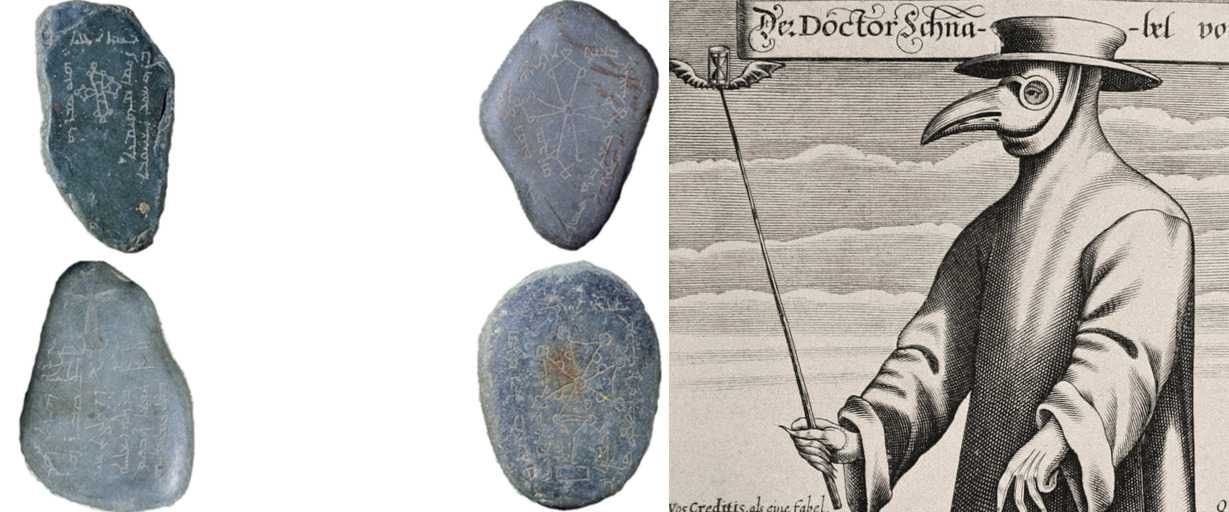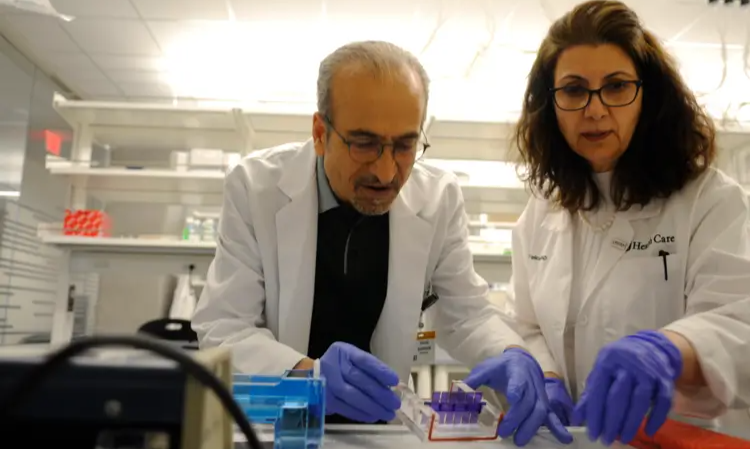The ‘Big Bang’ of the Black Death

Inscriptions on the tombstones from Kyrgyzstan refer to a mysterious pestilence; Images: Prof. Pier-Giorgio Borbone/NatGeo
A group of European researchers has purportedly discovered the origin of the Black Death (aka bubonic plague), one of the deadliest pandemics in human history, according to a new peer-reviewed study published in Nature.
🦠 Background: The Black Death is caused by a bacterium carried by fleas living on rodents in every country except Australia, though the disease is considered harmless nowadays due to improved hygiene and antibiotics.
- It was responsible for an outbreak in the mid-14th century that killed an estimated 30% of Europe’s entire population, including ~70% of England's, though the source of that outbreak has remained unknown… until now.
🪦🪦 Here’s how it went down… Several years ago, scientists came across records from two 14th-century cemeteries in Kyrgyzstan with an unusually high number of tombstones, all roughly dated to a decade before the start of the Black Death pandemic. Ten explicitly referenced a pestilence.
- To determine whether the plague could've been the cause of death, researchers tracked down several remains from the cemetery, which had been moved to Russia.
- After sequencing DNA from seven people whose remains were recovered, they discovered three of them had been infected with a direct ancestor of the Black Death.
- The region occupied a prominent position along the ancient Silk Road trading routes, which most likely facilitated the spread of the disease.
Share this!
Recent Science & Emerging Tech stories

Science & Emerging Tech
| June 15, 2022Japan is harnessing the power of the ocean
🌊🔌 Whales, volcanoes, spider crabs, power turbines: one of these doesn’t naturally belong in the ocean, and it’s not the fish or volcanoes… though they’ll be sharing space soon enough.

Science & Emerging Tech
| June 14, 2022Scientists are closing in on a Type 1 diabetes cure
🔬 A team of researchers from Harvard, Missouri, and Georgia Tech has created a new Type 1 diabetes treatment that was proven successful in a large-scale animal model, per a new peer-reviewed study published in Science Advances.

Science & Emerging Tech
| June 13, 2022Unlocking the secrets of the universe
☄️ A Japan-led international team of scientists recently published the first peer-reviewed scientific analysis of rocks taken from an asteroid orbiting the Sun called Ryugu.
You've made it this far...
Let's make our relationship official, no 💍 or elaborate proposal required. Learn and stay entertained, for free.👇
All of our news is 100% free and you can unsubscribe anytime; the quiz takes ~10 seconds to complete